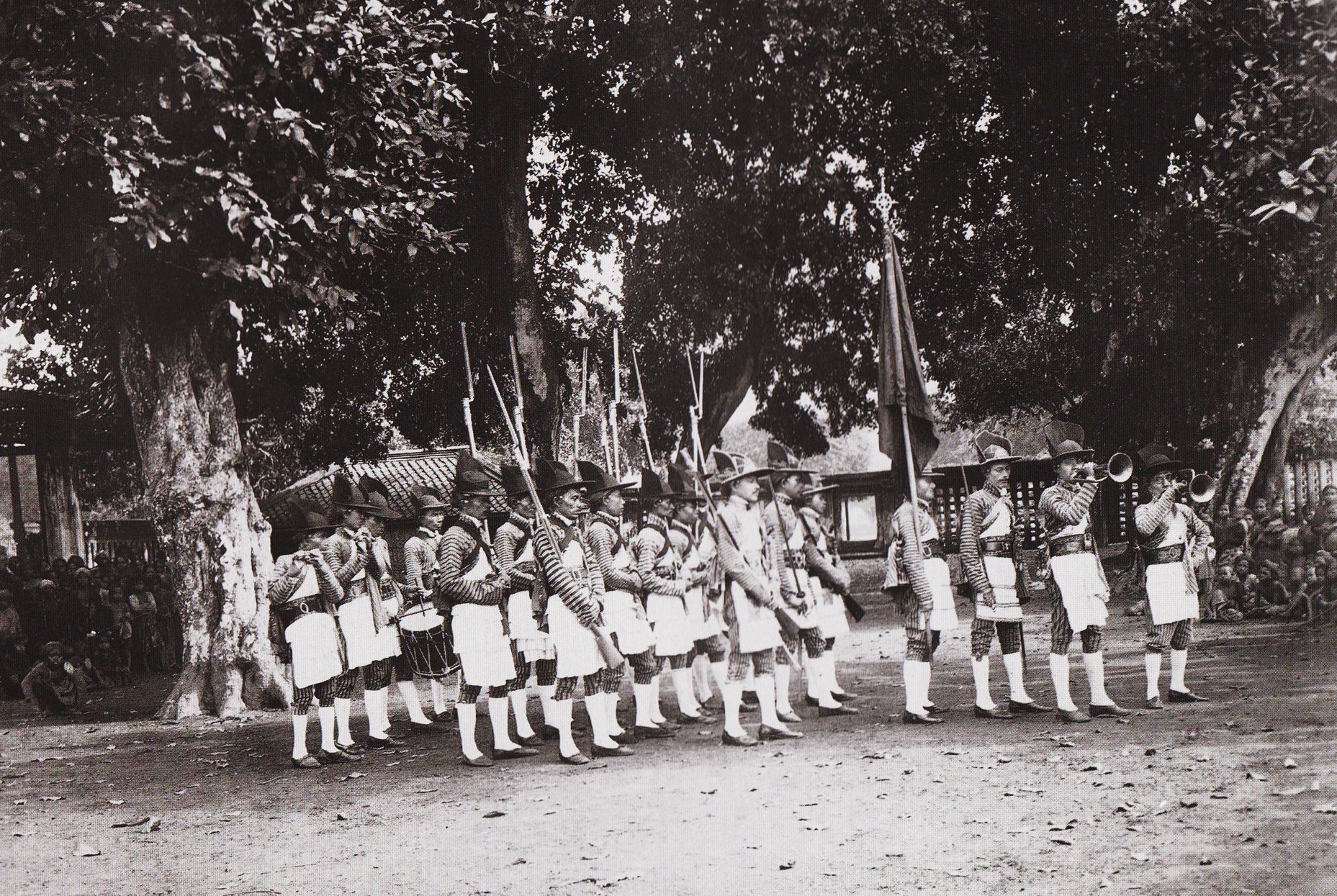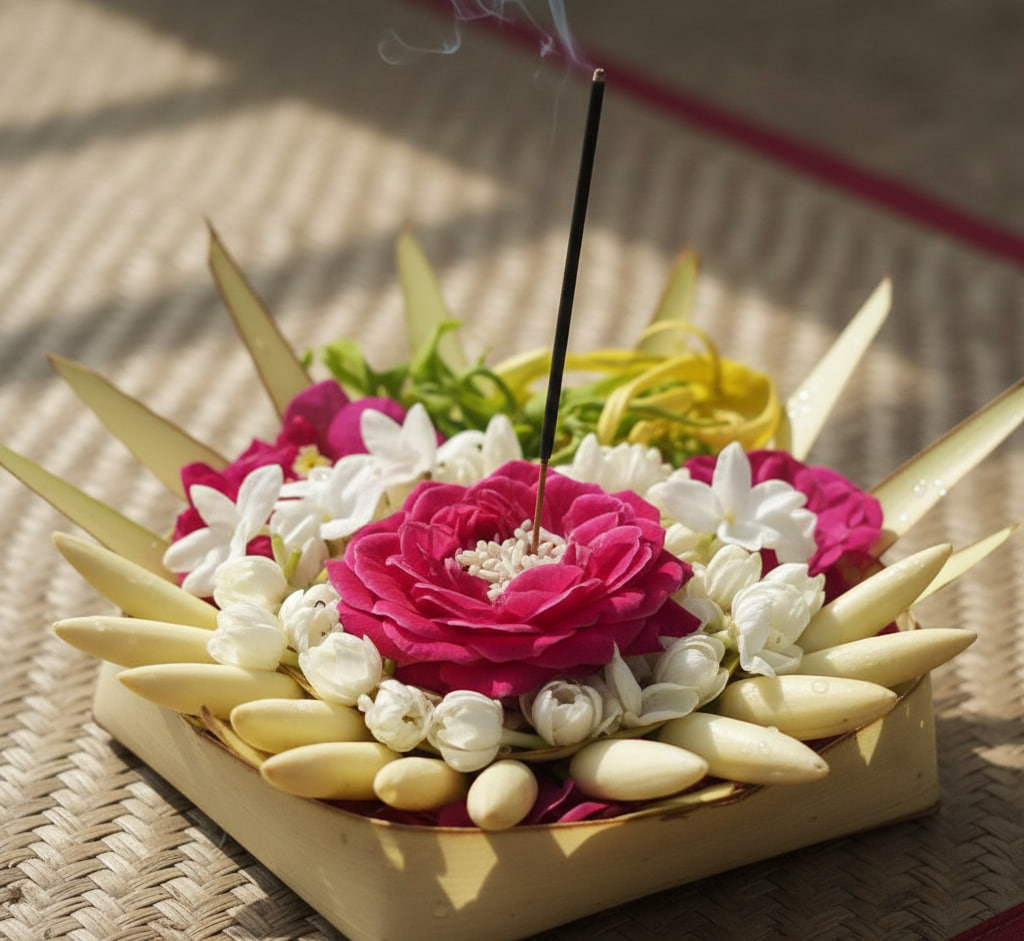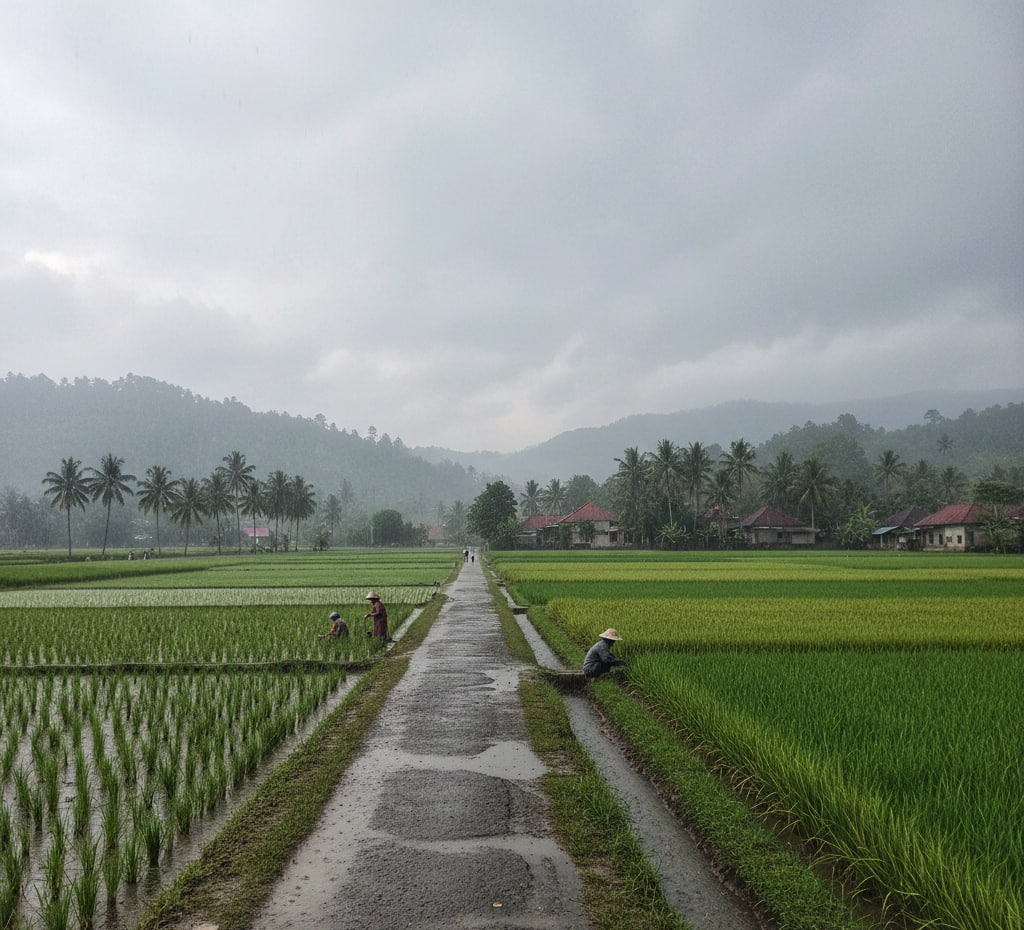News
Sana Budaya : From Orientalism until Nasionalism 5
The Javanese language study center in Surakarta, which was established in 1832, did not run well because of the racist attitudes of colonial officials, who were generally 'totok' Dutch or native Dutch. Winter as their teacher who has mixed blood (mixed-blood) is considered "inappropriate" to teach pure-blooded Dutch. This condition eventually caused the center for the study of Javanese language and culture to be transferred to the Netherlands.
In the Netherlands, the same institution was founded in Delf in 1843, and is called the Koninklijke Academie with a focus on Javanese and Malay language and culture. Led by Roorda van Eysinga, J.J. Hollander, and Taco Roorda, and after 17 years the academy was transferred to Leiden. While at Leiden, Roorda led the institute and was successively replaced by Hendrik Kern and A.B. Vreede.
Since being moved to Leiden this institution has grown quite rapidly, if at first they only studied Javanese and Malay, then developed by studying other Indonesian languages. Since the founding of this institution, Indonesian literacy activities have also developed rapidly, starting from writing, copying, translating and buying Indonesian manuscripts to the Netherlands. The results of the various activities of the institution are in the form of hundreds of manuscripts stored at the Universiteit Bibliotheek Leiden.
It is important to note that the success of the institute for the study of Javanese language and culture in Leiden cannot be separated from the contribution of Javanese intellectuals or poets. Many Javanese poets were then "kidnapped" or simply brought and employed to the Netherlands to copy and interpret Indonesian and Javanese manuscripts. They become a kind of "born nutritie" which means a source of nutrition for the Dutch orientalists who work in the institution.


